The Complete Guide on How to Ship Goods from Indonesia to Kenya
The Complete Guide on How to Ship Goods from Indonesia to Kenya
Shipping personal goods from Indonesia to Kenya can be tricky. There are many regulations and restrictions in place that you need to be aware of before shipping. This article will help you understand the process of shipping goods from Indonesia to Kenya and leave you with all the information you need to get your shipment across the ocean efficiently. If you’re planning on sending packages from Indonesia to Kenya, there are a few things you should know first. Customs and regulations for both countries may seem complicated, but if you’re prepared, it won’t be as stressful as it seems. Keep reading for a breakdown of shipping goods from Indonesia to Kenya so that everything goes smoothly when the time comes.
What You Need to Know About Shipping Goods from Indonesia to Kenya
Shipping goods from Indonesia to Kenya will require you to be aware of a few things. The first thing you need to know is that you will be responsible for all costs associated with the shipment from start to finish. This includes costs of shipping, insurance, inspections, and any other fees that may arise along the way. This is why it’s so important to do your research ahead of time. If you’re shipping food items, there are a few more things you need to be aware of. You may need to freeze or chemically treat certain products in order to meet specific standards. Certain food items may also be subject to seasonal bans. To make sure your shipment goes as smoothly as possible, you should always keep track of the documentation. You will need to have a few important documents on hand to ensure your shipment is processed quickly and seamlessly. These include a commercial invoice, packing list, and either a valid health certificate or a certificate of origin.
Why Should You Ship Goods From Indonesia to Kenya?
Shipping goods from Indonesia to Kenya is a great option if you’re looking to save on costs. If your products are still in Indonesia, you can send them to Kenya while they’re being manufactured. This way, they can be shipped directly to your customers without having to add extra costs to your inventory. If you’re shipping materials or raw materials for manufacturing, you can also use the same shipping company for both the outbound and inbound shipments. This means you only have to enter your materials into one shipping document. This will make things much easier for you as a business owner. If you’re looking to start your business in Kenya but don’t want to sell in person, exporting items from Indonesia is a great option. Starting an online business or a business with intermittent trade shows is a great way to keep your business running when you’re not in Kenya. It’s also a great way to start a business without a high capital investment.
Choosing a Shipping Company for Your Goods From Indonesia to Kenya Shipment
When you’re choosing a shipping company for your goods from Indonesia to Kenya, you want to make sure they’re reliable. It’s important to choose a company that has been shipping goods for a long time and has a good reputation. When you’re choosing a shipping company, you should ask the following questions: What is their experience with the route? What is their experience with the kind of goods you’re shipping? How long does each shipment normally take? What are the fees for your shipment? A good shipping company will know the regulations and restrictions in both countries and have experience with transporting goods between the two. Once you’ve chosen a company, you’ll need to decide what type of shipment you want to use. You’ll have three options: sea freight, air freight, or a combination of both. Depending on the type of goods you’re shipping, the size of your products, and the distance between the two countries, you’ll be able to choose the best option for your shipment.
contraband: prohibited and restricted goods
Contraband is any type of item that is prohibited or restricted. It includes drugs, weapons, certain agricultural products, endangered species, and more. If you’re shipping goods from Indonesia to Kenya, a customs official may examine your shipment. They may look through your products, remove any items they believe to be contraband, and then return them to you. They’ll keep a record of what was found and either destroy or return the items to you. If your shipment has any contraband, it will be held until you pay an additional fee and take the appropriate steps to have it released. Once your shipment has been cleared, you can rest assured that your goods will be delivered promptly and efficiently.
Electronic Storage Devices and Data Storage Equipment
This is one of the most common items that are misclassified as contraband. It’s important to make sure your equipment is properly labeled and doesn’t have any sensitive data on it. If you’re shipping data storage equipment, like hard drives or USBs, you should be aware that they may be inspected by customs. If you’re shipping electronic storage devices, it’s important to know that they may be restricted or prohibited in Kenya. You should check with the Kenyan Revenue Authority (KRA) before shipping to make sure your equipment is allowed. Even if it is allowed, you should put a label on the devices indicating that they contain sensitive data. This will prevent any issues at customs and in the delivery process.
Food, Agriculture, and Animal-Based Products
Food products from Indonesia to Kenya are heavily regulated. Most agricultural products can be brought into the country, but you may need to get a special permit. Before shipping food items from Indonesia to Kenya, make sure you find out how you can enter them into the country. If you’re shipping agricultural products, you may need to get a special permit. You should check with the Kenyan Agricultural Authority (KAA) to see what you need to do in order to import agricultural products into the country. Once you’ve found out what you need to do, you can ship your products to Kenya. You’ll need to list the products on the commercial invoice and mark them as food items. You should also properly label the shipping containers to indicate that they contain food products.
Environmentally Friendly Goods
If you’re shipping environmentally friendly goods from Indonesia to Kenya, there are a few things you should keep in mind. First, you should be aware that some products are prohibited altogether. You should check with the KRA to find out what products are prohibited and which ones can be imported. You may need to complete a special declaration or provide documentation to support the shipment. Once you’ve found out what you need to do, you can ship your goods to Kenya. You’ll need to list the products on the commercial invoice and mark them as environmentally friendly. You should also properly label the shipping containers to indicate that they contain environmentally friendly goods.
Cultural Heritage and Artifacts
If you’re shipping cultural heritage or artifacts from Indonesia to Kenya, there are a few things you should do to ensure they’re allowed entry into the country. First, you should be aware that some items are prohibited altogether. In general, you should avoid shipping items that are more than 100 years old. You should check with the KRA to find out what items are prohibited and which ones can be imported. Once you’ve found out what you need to do, you can ship your goods to Kenya. You’ll need to list the items on the commercial invoice and mark them as cultural heritage or artifacts. You should also properly label the shipping containers to indicate that they contain cultural heritage or artifacts.
In conclusion
Shipping goods from Indonesia to Kenya is a great option for many businesses. If you’re shipping raw materials for manufacturing, you can send them all at once so that your customers don’t have to wait. If you’re shipping finished products, you can have them shipped as needed. Once you’ve chosen a shipping company, you’ll need to decide what type of shipment you want to use. You’ll have three options: sea freight, air freight, or a combination of both. And that’s how you ship goods from Indonesia to Kenya.


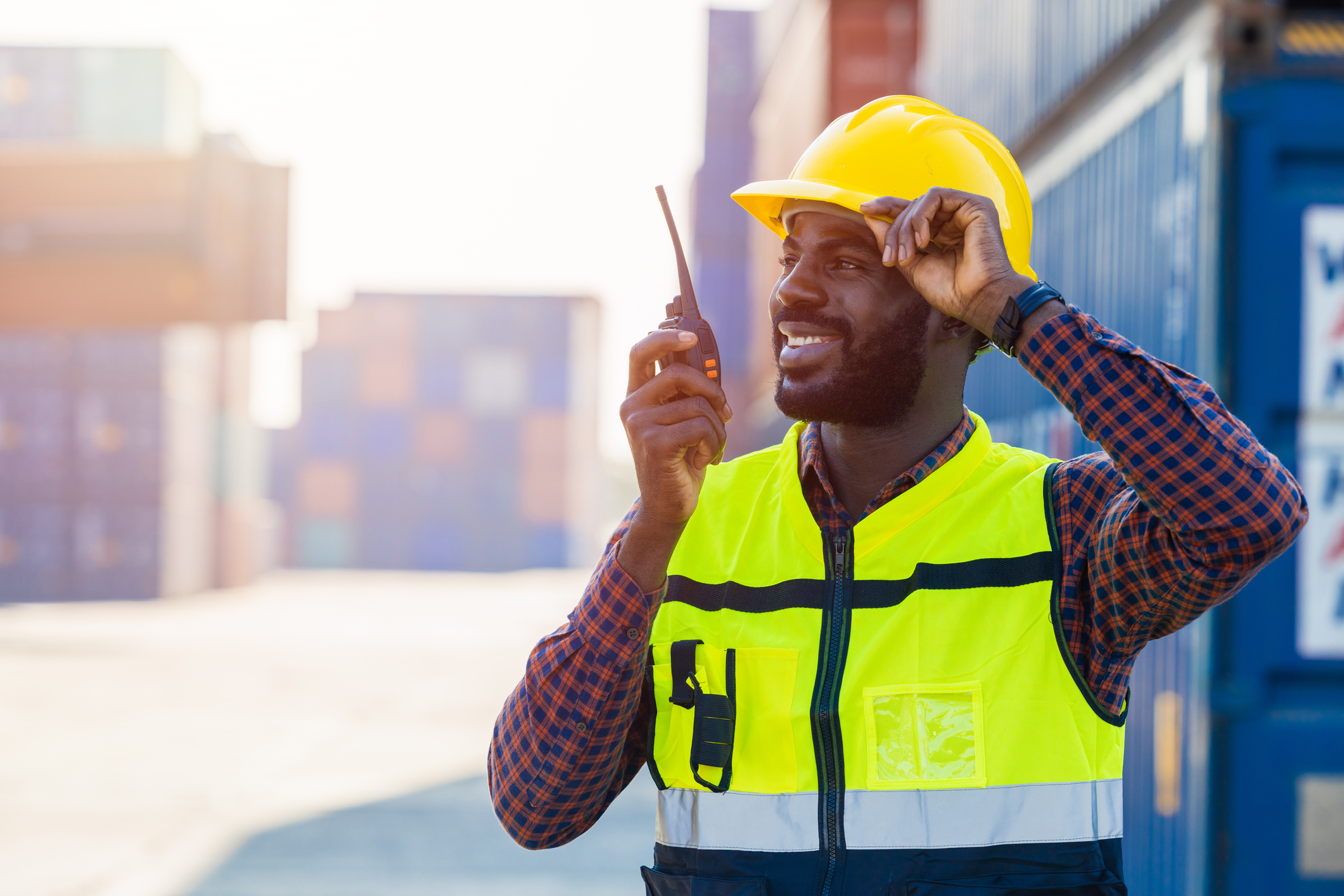
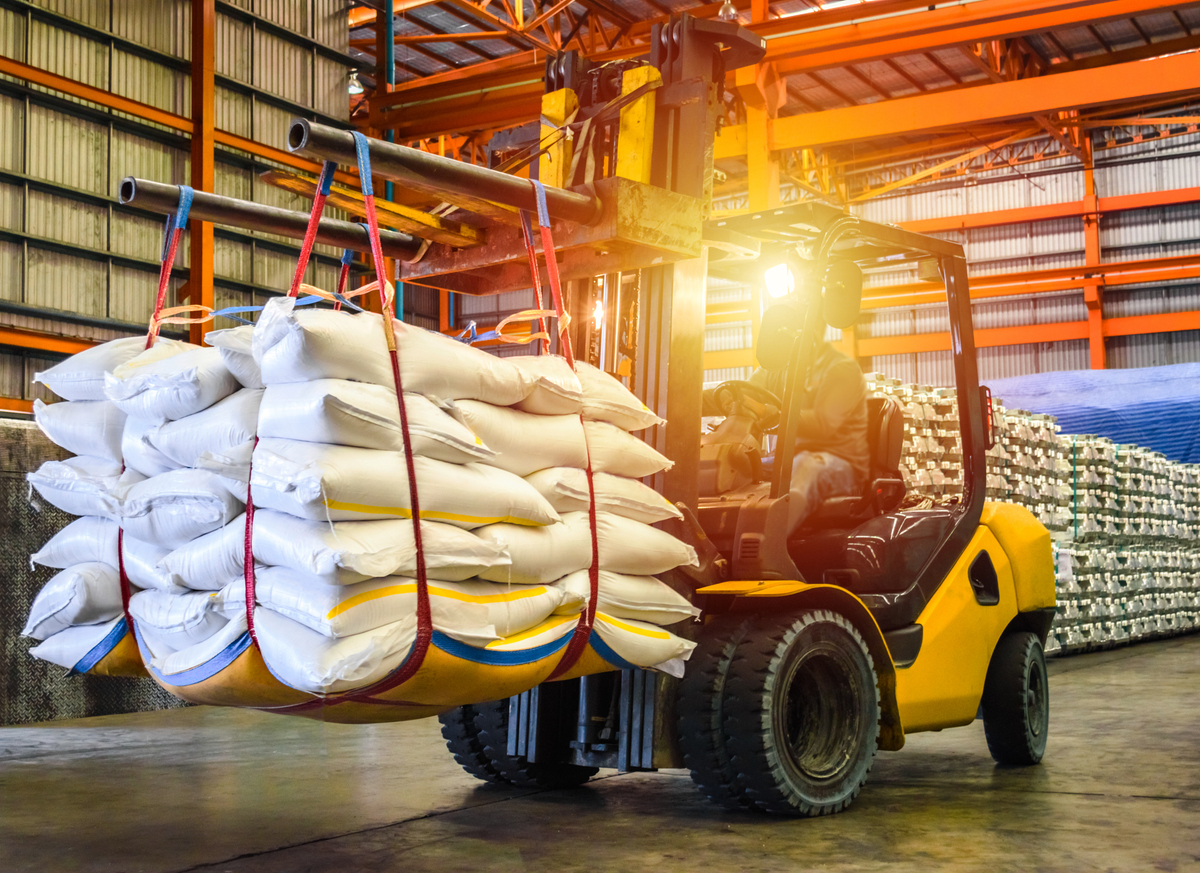
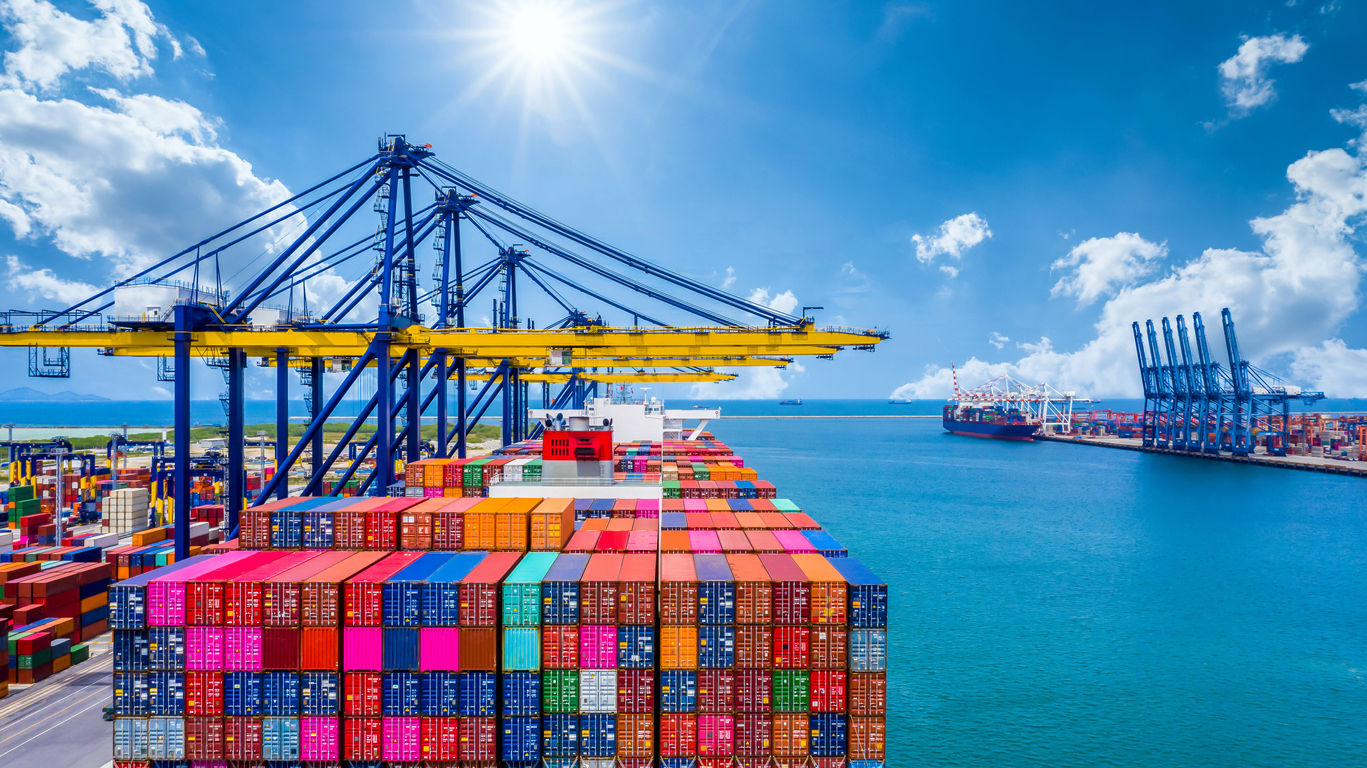
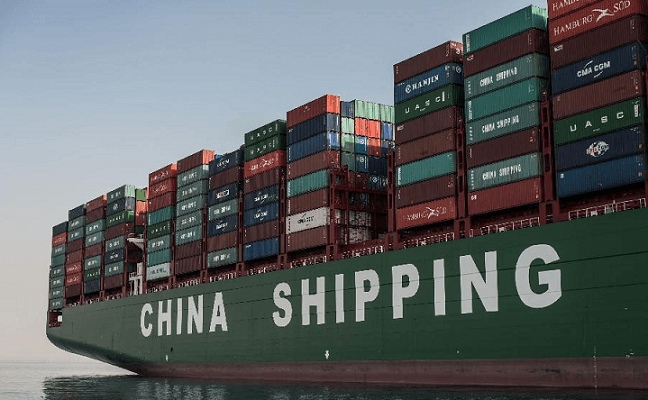
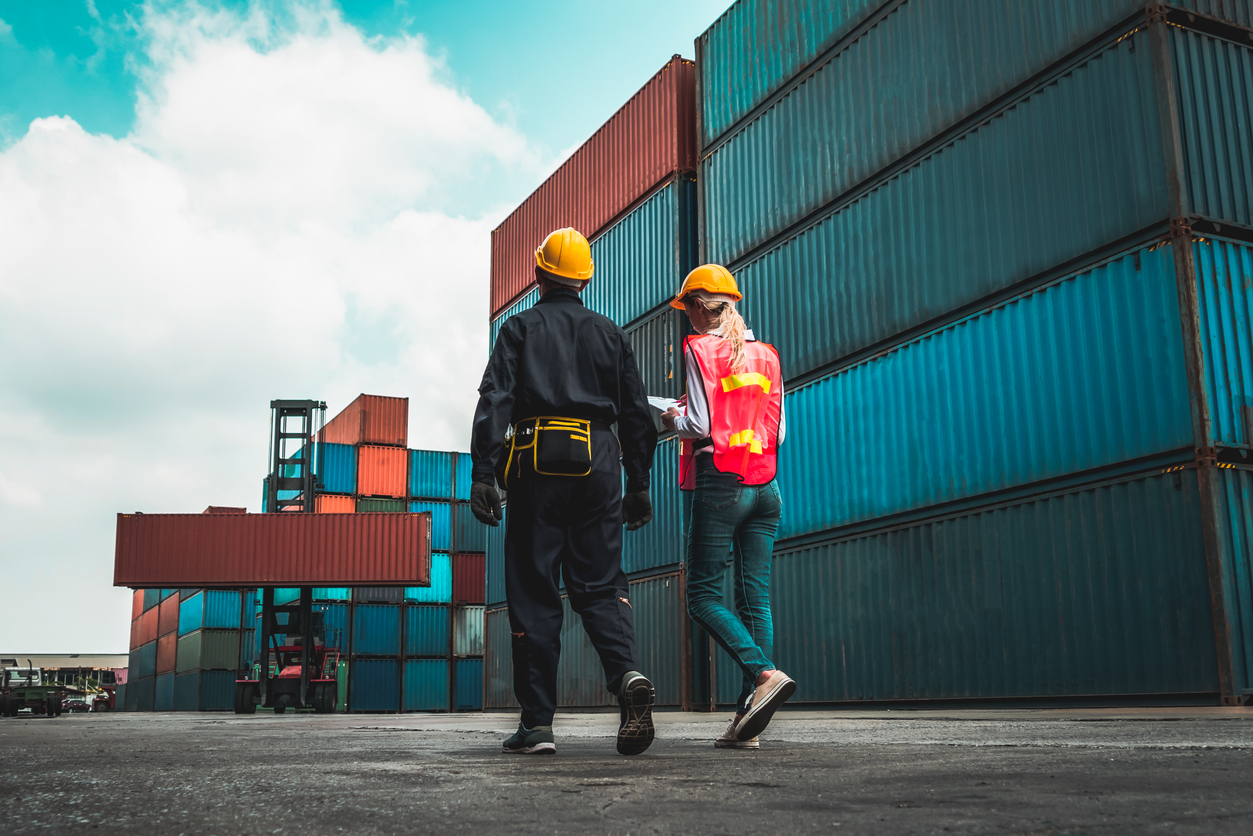
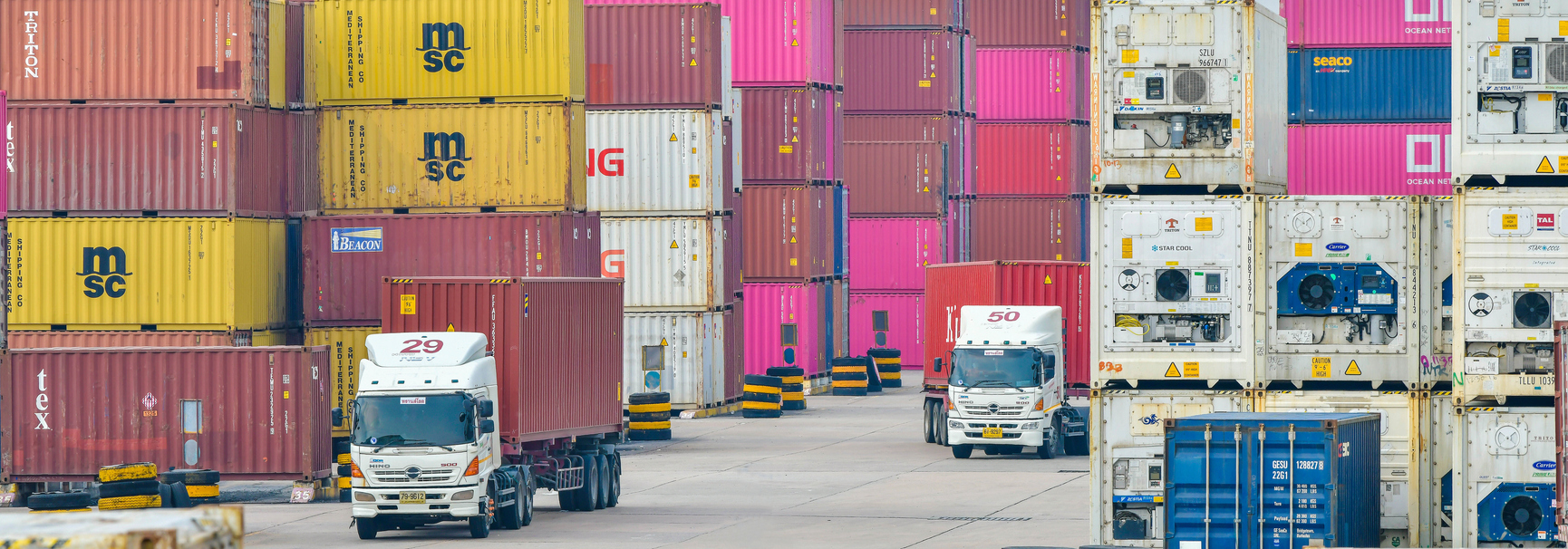
LEAVE A COMMENT
You must be logged in to post a comment.